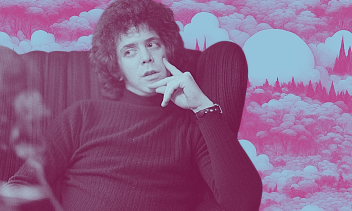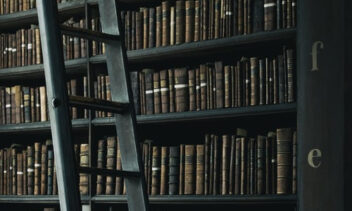For more on I Read This Over Shabbos, visit our site page, Instagram, TikTok, and Twitter.
I read over Shabbos. Here’s why:
- I read on Shabbos because books are fun, and the only thing more fun than looking at books and smiling is reading them and smiling. Basically I don’t need to explain why I read on Shabbos, or any other time. Reading is always the right thing to do, no comments necessary.
- I read on Shabbos because I can’t take pictures the second I read something amazing to send it to our friends. Instead I’m forced to sit with the beauty of the word and feel those little electric worms dancing along my cranium that mean that something special is happening.
- I read on Shabbos because if I fall asleep while reading on Shabbos I get the double blessing of receiving a Shabbos nap with a book draped over me, allowing for high-grade literary osmosis. If necessary, saliva and/or the book pressed into your back aids the process of integration. Go with it.
- I read on Shabbos because it’s the only time that I read without checking my phone every five minutes.
- I read on Shabbos because there’s something symbiotic and true about the relationship between Shabbos and books. Although I can’t quite articulate how, there is something about looking at this finished project and gazing in awe at the closed literary world that feels true to reading a great book and keeping a Shabbos, no matter how one keeps Shabbos. Great books are those that linger after the cover is closed. Perhaps the same is true about Shabbos.
- I read on Shabbos because Shabbos, like the book, has two covers. One cover is Kiddush and the other is Havdalah, and between the two there are many adventures to be had.
- I read on Shabbos because it makes my Shabbos dreams weirder, and there is nothing more disconcerting than a true Shabbos afternoon fever dream. Ninja spider monkeys teaching Torah from the pulpit, come get me. (Perhaps the Talmudists intuited this when they lumped Shabbos and dreams together when it tells us that “There are five matters in our world which are one-sixtieth of their most extreme manifestations: Fire, honey, Shabbat, sleep, and a dream…Shabbat is one-sixtieth of the World-to-Come … and a dream is one-sixtieth of prophecy.”)
- I read on Shabbos so that I have an excuse to go to the library on erev Shabbos. If you live near a library, I can only assume that you go at least once a week to soak in the booky environment. It doesn’t matter how long you’re there, just a few moments in our greatest national resource is enough. Take it from me—go to the library on erev Shabbos, and bring your friends/kids/students. They could all use some book time.
- I read on Shabbos because attention is the greatest asset we have, and it is under constant assault in our world. There are powers of inattention that benefit greatly from our attention dissipating, from our focus drifting from beauty and loved ones and eternal values to fleeting and ephemeral fireworks. Reading well is one of the most potent correctives available to us. We can give more deep attention to the parts of our life that most need this dear gift. (Jenny Odell’s very readable How to Do Nothing offers wise direction for those interested, and Elaine Scarry’s drier read On Beauty and Being Just directs our gaze to how paying attention to great beauty can have a democratizing effect and bring more beauty and justice to our world.)
- I read on Shabbos because I know that reading on Shabbos isn’t just about reading on Shabbos. Great books are those that linger after the cover is closed. Perhaps the same is true about Shabbos. The covers limn the boundaries of the narrative, but stories don’t quite like being kept inside their covers. They have a way of spilling out of their containers into your conversations, your thoughts, and sometimes even the way you talk. Perhaps the same is true about Shabbos.








